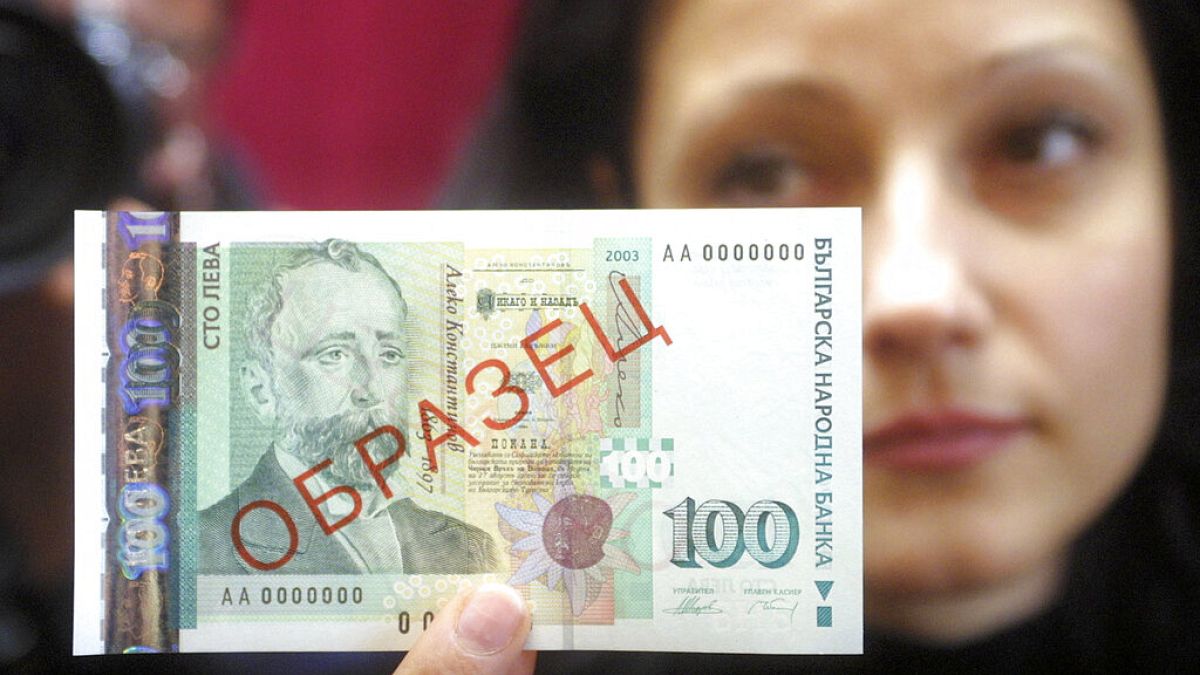By Euronews
Published on
Thousands of people took to the streets in Bulgaria on Saturday, calling on the government to preserve the country’s currency, the Bulgarian lev, and not enter the euro area.
In the capital, Sofia, and various other cities, demonstrations against the introduction of the euro currency began at around noon. The protests were organised by the ultranationalist Revival Party and several NGOs.
They believe that if Bulgaria enters the eurozone, prices will rise and the country’s economic sovereignty will be limited, and want a referendum to be held on the issue.
“Revival Bulgaria has a will of the people and the will of the people now says categorically: we do not want the Bulgarian lev to be destroyed, we want to preserve the Bulgarian currency, we want to preserve the freedom of Bulgaria. And that is why we want such a referendum to be held,” said the leader of the Revival party Kostadin Kostadinov.
Bulgaria’s President Rumen Radev recently submitted a request to parliament to hold a referendum on whether the country adopts the euro as its currency.
In 2024, the European Central Bank said the country couldn’t join the currency union yet because inflation in the country was too high.
The seven non-eurozone members of the EU are Bulgaria, the Czech Republic, Denmark, Hungary, Poland, Romania, and Sweden. They continue to use their national currencies, although all but Denmark – which has won an opt-out clause – are obliged to join once they meet the euro convergence criteria.
Bulgaria has set a target to join the euro area as of 2026.
Read the full article here


